Green Investing and Banking 101
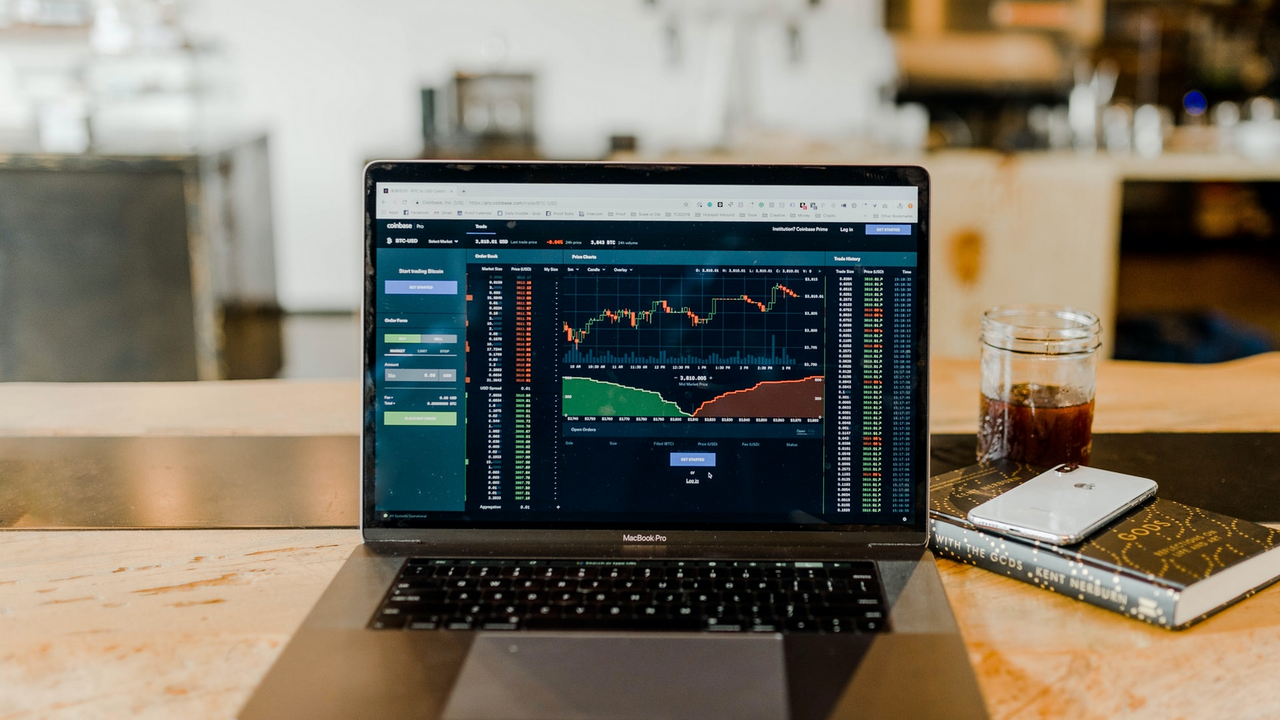
Something we tend to forget about when it comes to green living is our money. The money sitting in our bank accounts or investments may not seem to be a direct cause of greenhouse gas emissions, but the financial institutions we are associated with, as well as our financial investments really can have a large impact on the environment as well as social issues. For better or worse!
While there is no shortage of ways to actively lead an environmentally friendly life - opting for active transportation wherever possible, shopping local, being a part of the sharing economy, composting, zero-waste grocery stores - the list goes on and on. But what about the impact of your money - are your investments contributing to the very issues that have you worried for the future?

Getting Started with Green Investing
So, where do we get started? There are two basic considerations when delving into the issue of green investing. First, we can avoid polluting sectors and industries and second, we can choose to fund green and socially just alternatives. With these two basics in mind, it's time to do a deeper dive into the issues and where you can tackle your money to make sure it is having the impact that you want it to.
Green Banking
The first thing you might want to start thinking about when it comes to your finances and the environment is which bank you are currently with. Many banks around the world have played a large role in financing fossil fuel company financing, and the climate crisis. It is definitely worth researching your financial institution in order to determine its current environmental standing.
One great resource for doing so is the Banking on Climate Change report conducted by the Rainforest Action Network. This report examines banks around the world on their climate policies and contributions to fossil fuel projects. For example, the 2020 Banking on Climate Change report found that 35 banks have funneled $2.7 trillion into fossil fuels since the Paris Agreement in 2016.
The non-profit organization BankTrack has a website with detailed information on many banks and their environmental performance that you might also want to check out as well.
If you have found that your current bank does not align with your values, maybe it is time to seek out one that does! Did you know that some banks are actually B certified corporations?
This means that they focus on the triple bottom line: people, planet, and profit. As a part of this, banks may be involved with community development and sustainable or green investing.

Let’s not forget that traditional banks aren’t the only way to manage finances. If sustainability is important to you, a credit union might be the right fit. Credit unions are not-for-profit organizations that are member-owned cooperatives. This means that they return profits to their members through better loan rates, fewer or lower fees, and other benefits. Focusing less on profit means that credit unions are better able to serve their communities.
According to the European Network of Credit Unions, there are more than 57,000 credit unions operating in 105 countries around the world, with countless success stories and benefits to their communities as a result of keeping the wealth of a community within that community and fostering social development.
And of course, in being cooperatives, credit unions are owned by you, and all of the other people who deposit money there. No matter how little you deposit, storing your money in a credit union means that you are a partial owner. This comes in handy when it comes to having a say in how the credit union is run. A volunteer board of directors is elected by credit union members to manage the credit union.

What!? Did you say that I can have a say in how my bank invests my money - yep, that’s what a Credit Union is all about! In fact, there is a great example here in my hometown of Winnipeg where a credit union was behaving more like a regular bank and not really investing in community, so a group of members got together and voted progressive, community-minded people onto the board and this credit union now does incredible work by investing in local businesses, being the go-to baking option for small community NGOs, their buildings are LEED certified green buildings, and they donate money to local environmental projects as they track and offsets their own corporate greenhouse gas emissions.
And that change was all initiated by regular people who cared about their banking. It was not led by wealthy investors or by government regulation. And the change was sustained by a community that desired more banking options for socially and environmentally-minded people.
What about Green/Socially Responsible and Ethical Investing?
Green investing, sometimes referred to as socially responsible investing or ethical investing, involves investing in companies or projects that are committed to creating positive environmental and social impacts through the conservation of natural resources, reducing pollution, production of green energy, the promotion of human rights and diversity, and more. This is a good way to ensure that the funds that you are investing in are actually bringing about positive social and environmental change.

Community Investing
One example of socially responsible investing is community investing. Community investing goes directly towards local organizations that provide safe and affordable housing, job opportunities, healthcare, childcare, education and more to members of your community.
These local organizations are often ones that have been unable to get financial support from banks and financial institutions. The objective of community investing is to improve the quality of the community by reducing dependency on government assistance, therefore positively impacting the local economy. You can do this by investing in or simply supporting social enterprises.
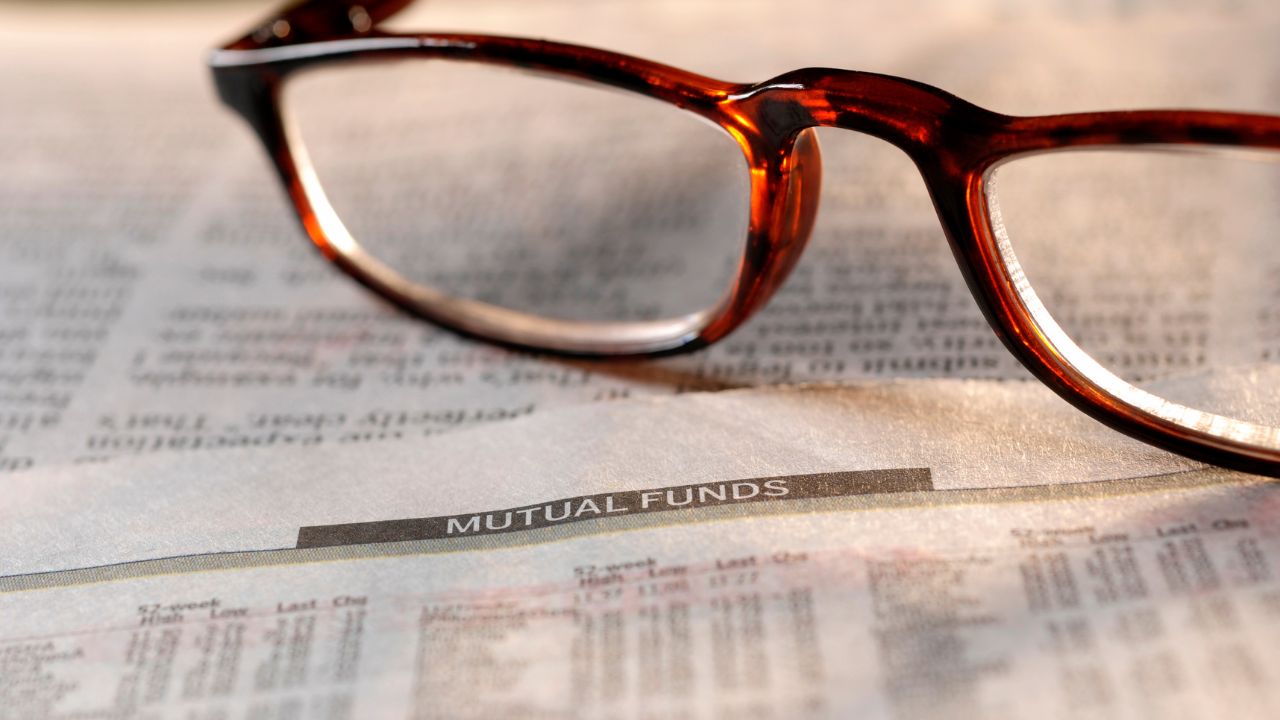
Mutual Funds
Another way to use your money for good is by investing in green and ethical mutual funds. A mutual fund is a professionally managed investment fund that pools money from many investors to invest in stocks, bonds, or other types of investments.
Naturally, a green or ethical mutual fund ensures that the pooled money is going towards a diverse range of environmentally and socially responsible projects and companies. This is a way to make one investment go a long way if you are looking to support multiple causes at once.
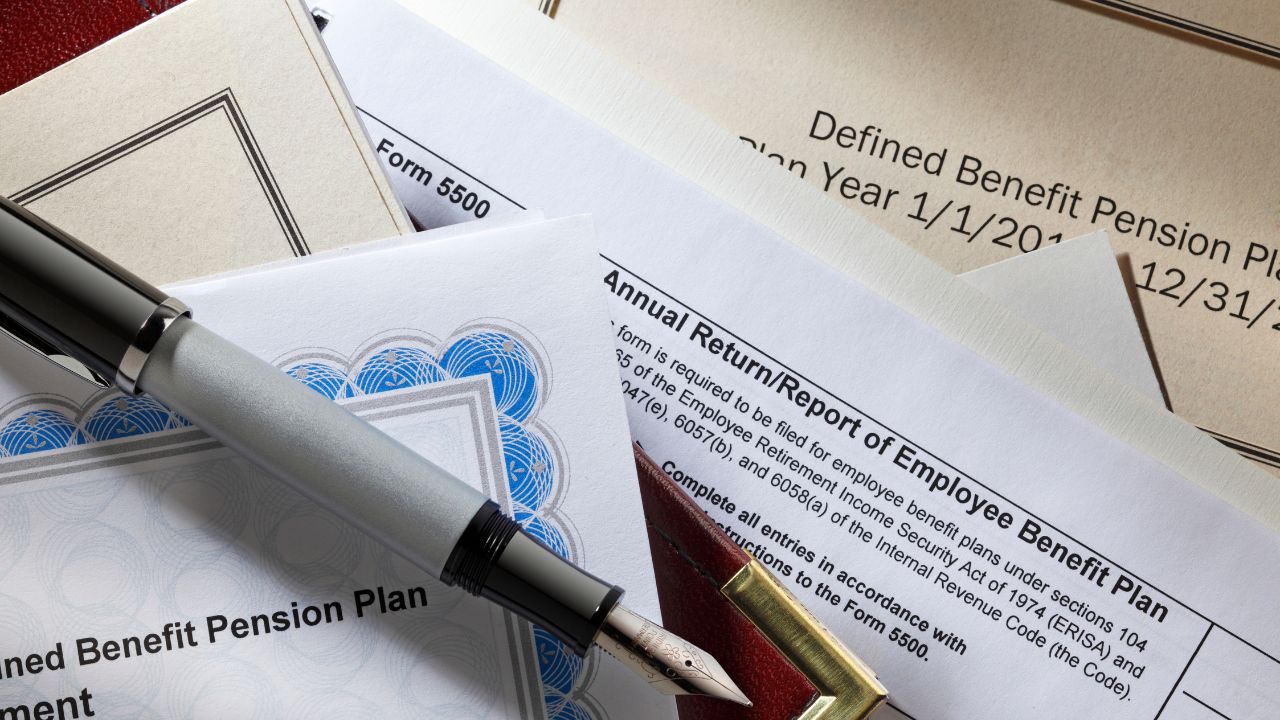
Pension Plans
And, if you are someone who has a pension plan, chances are you will want to look into that as well. While some pension plans are very large, others are smaller and you may or may not have direct input into the way the fund is managed.
However, working alongside others and encouraging your pension provider to go green with their investments can make a really big difference. You can do this by raising the issue with your union representative so that it is negotiated during contract bargaining, or it can be discussed with management or even while negotiating a job offer. These are longer-term approaches but they let employers know that this is something that you value.
Another approach that is more active is to campaign for greener pension funds within your institution or company. There are plenty of examples of growing numbers of asset owners committing to Net Zero or ESG (Environmental, Social and Governance) in the EU and globally through the UN-convened Net Zero Asset Owner Alliance.
Start with your local organization's sustainability goals and planning and see if the pension fund is already on the radar, if not, this is a perfect place to start.

For personal green investing, ask a professional
Green and ethical investments have a range of risk rankings, just like all other investments, so it is important to make sure that you have a risk profile in your investments that matches your personal risk tolerance and is suited to your stage of life and investment objectives. A Certified Financial Planner registered in your jurisdiction will be able to advise you on green and ethical investments that are appropriate to your risk tolerance.
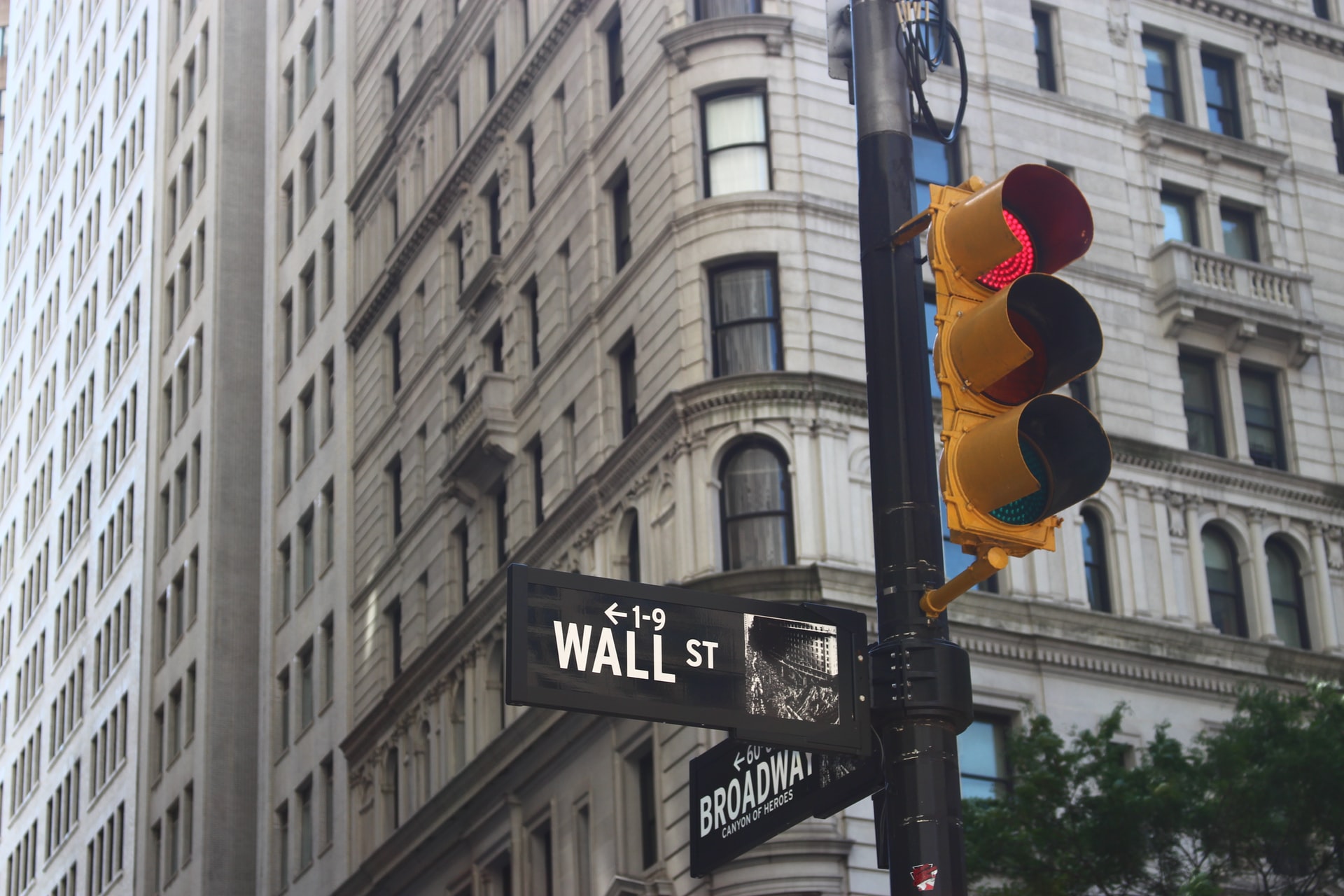
Many top universities offer certificates in sustainable or responsible investing. See if you can find a Financial Advisor who is not only Certified as a Financial Planner but also holds a certificate in Responsible investing, Sustainable investing or ESG (Environmental, Social and Governance) investing.
Where to go from here
So, if supporting a greener future is important to you, make sure that your investments, as well as your bank or financial institution, are working towards the future that you want to see, for yourself, for your family as well as your community, and the types of companies that you want to see succeed.
Talking to a professional is always a good place to start. You can set up a meeting with your existing Financial Advisor, or seek out one certified in ESG or Sustainable / Responsible investing.
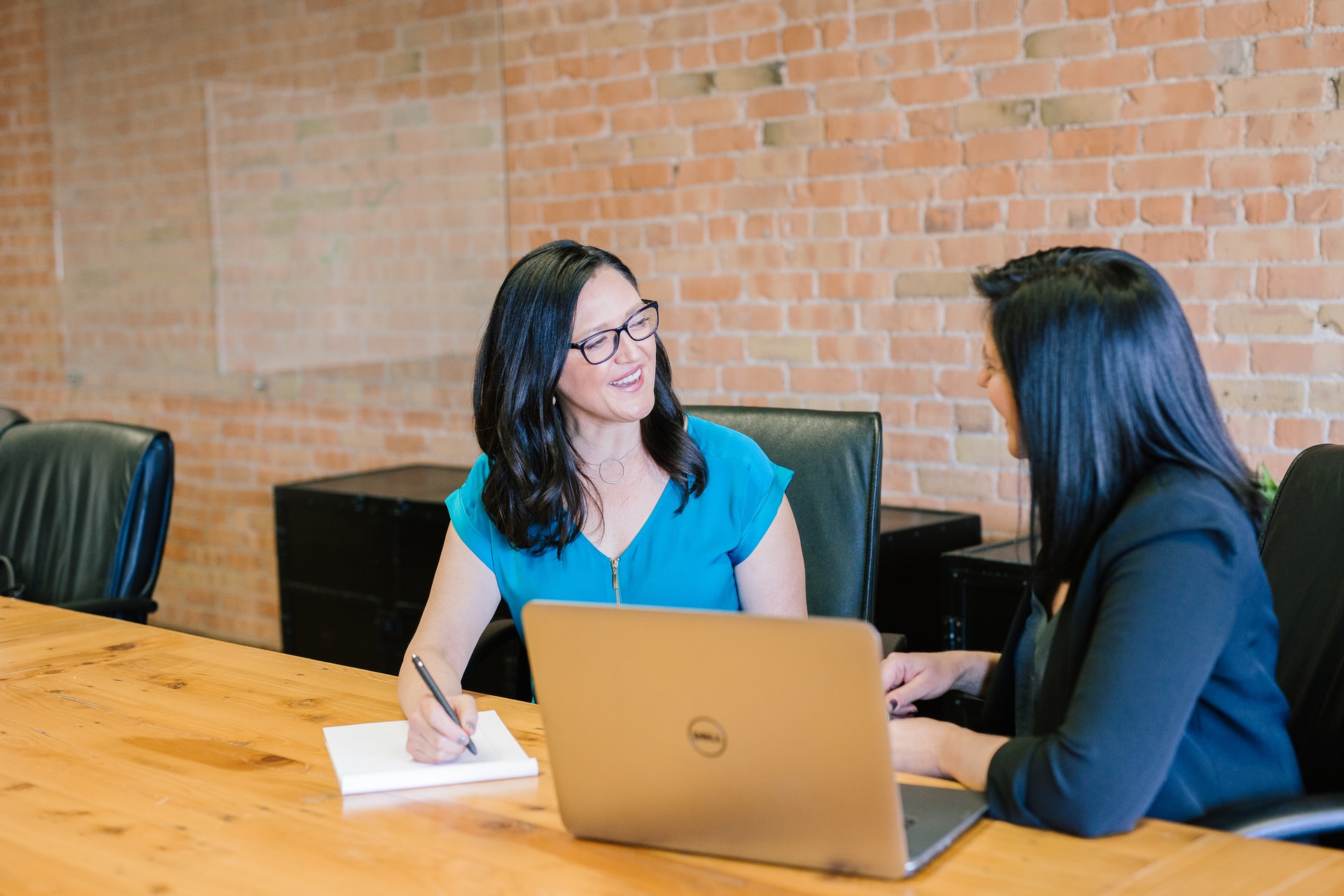
Here is what to ask when meeting with your investment advisor or bank.
Does the fund, company or bank:
1. Have transparent reporting on Environmental, Social and Governance aspects?
2. Have a commitment to social issues, environmental sustainability, and community building?
3. Have proactive social justice policies and programs?
4. Invest in clean energy, BIPOC companies, and social enterprises?
5. Invest in naturalization, tree planting, watershed and habitat protection projects?
6. Invest in carbon offset programs?
Then, remember to clearly indicate (and in writing) your risk tolerance and your desire to avoid companies and funds that invest in or have holdings in:
- oil and gas
- chemicals, pesticides, hazardous substances
- arms, weapons of war
- tobacco, vaping
- mining and other companies with poor human rights or environmental record
- media companies that allow dis-information
- rogue states
Finally, be critically minded when considering clean tech and carbon-capture projects. Careful lifecycle assessments to look at the entire project and possible impacts must be considered. I find that people often get swayed by tech solutions when truly, no technology exists that can viably replace the services provided by functioning natural ecosystems. And protecting and restoring natural systems is always the best, and most cost-effective solution.
Selecting funds that are clearly labeled ESG investments is often easier than determining the green claims of individual companies. However, I am not an investment professional, so please seek the advice of one as you go forward.
Your finances have a big role to play in not only your future, but the future environment we leave, so spend some time making sure that your money aligns with your values.
Stay connected with news and updates!
Join my mailing list to receive the latest news and updates. Your information will not be shared.

